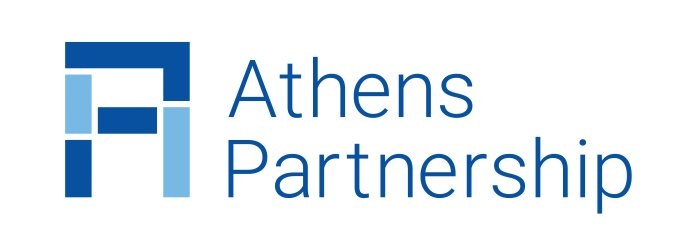The City of Athens recently took a major step in enhancing its support for refugees and migrants, by ratifying the Strategic Action Plan for the integration of migrants and refugees, as well as the Preparedness and Response Mechanism for the management of potential refugee crises. Both plans were developed by the Athens Coordination Center for Migrants and Refugee issues (ACCMR), which brings together 92 member organizations. The ACCMR’s operation was designed and coordinated by the Athens Partnership, with a founding grant from the Stavros Niarchos Foundation.
The Strategic Action Plan and Preparedness Mechanism, mean the City of Athens has two tools at its disposal that will enable it to assume a more active role in the monitoring and management of migrant and refugee-related issues within its geographical boundaries. At the same time, the City is consulting with other European cities on integration issues, exchanging information and best-practices.
The Mayor of Athens, Mr. Georgios Kaminis, stressed that, "since 2015, when the refugee crisis broke out, the City of Athens assumed a proactive role, taking on the responsibility of implementing a comprehensive refugee management plan to safeguard human rights and protect social cohesion and the smooth operation of the city. Today, we are again assuming a leadership role. In cooperation with the Hellenic Statistical Authority and EUROSTAT, we will use all available tools to promote social integration, while at the same time we will build on the Cities Network for Integration, which is currently joined by 13 municipalities from all over the country. "
The Deputy Mayor for Migrant and Refugee issues, Mr. Lefteris Papayannakis, stated that, “through concerted efforts and synergies with many private and public bodies, the City of Athens can assume a key role in supporting and strengthening activities that promote integration. The Athens Coordination Center for Migrant and Refugee issues can play a central coordinating role in this effort."
The Strategic Action Plan sets out a clear framework with specific objectives that will strengthen the role of the Municipality and link its services to civil society. The plan will serve as a guide to strengthening services within the city as well as provide better information on services offered through existing online platforms. The creation of the plan was based on extensive mapping of services within the Municipality and extensive consultation with representatives from civil society and international organizations, to identify challenges and develop policies based on identified needs. Contributions from ACCMR have been key to this effort.
In addition to integration planning, the guide to a Preparedness Mechanism for effective response to future refugee crises in the Municipality, codifies a preparatory actions and systems so that the Municipality’s administrative and operational arms can respond successfully to future events. The guide was developed with the financial support of the European Civil Protection and Humanitarian Aid Operations (ECHO) and technical support from the International Rescue Committee. UNHCR also provided important advisory support.













